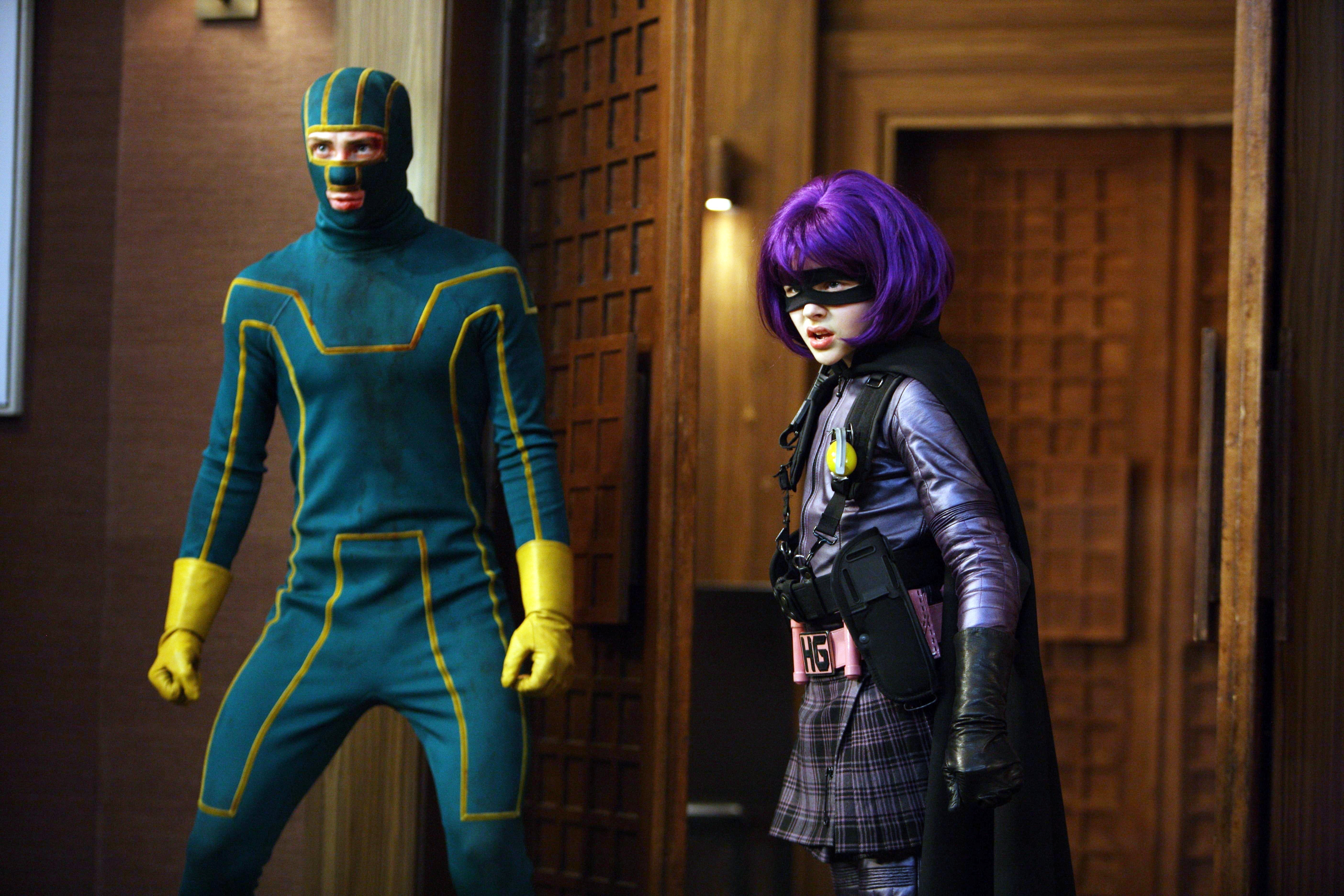
A Director’s Commentary
All I could think to say was, “Shit. There goes the house.” We’d just shown Kick-Ass to the last name on our list, and it was official: No one wanted to buy it.
My agent, Ari [Emanuel], just stared at me, shaking his head. “Kid, you showed everyone the script a year ago, they all rejected it. Why on earth did you make this movie?”
Fair question. Not exactly a masterclass in business. Comic book legend and producer Mark Millar likened it to handing out blueprints for a house, being told by every buyer in town that it looked like shit, building it anyway, and then trying to sell it back to those same buyers at a premium. Of course they passed.
I looked up. Mulled it over. Why did I make this movie? People always ask, “How do you decide to make a film?” And I always give them the same answer: The film decides for me. Kick-Ass was no different.
It just found me differently.
I was on the red carpet when it happened. Jonathan Ross introduced me to Millar at the Stardust premiere, who pitched me the idea then and there. That was it — I could see the film immediately. An R-rated, no-powers, no-rules superhero movie, unlike anything Hollywood was making. The kind of movie I wanted to see. The kind I figured comic book fans would appreciate.
And then it hit me — that’s who I needed to show it to.
So, we took it to Comic-Con, and the fans loved it! Then suddenly, the same people who’d passed on the film were scrambling to buy it.
Go figure. The house was saved — and not just the metaphorical Kick-Ass one, but my actual house. The one I’d mortgaged to finance the film.
Jane [Goldman] wrote a line for the title character that sums up Kick-Ass: “With no power comes no responsibility.”
Fifteen years on, I’d put it this way: With no fans, there’s no movie. That’s true for Kick-Ass — and it’s true of every film ever made.
Matthew Vaughn